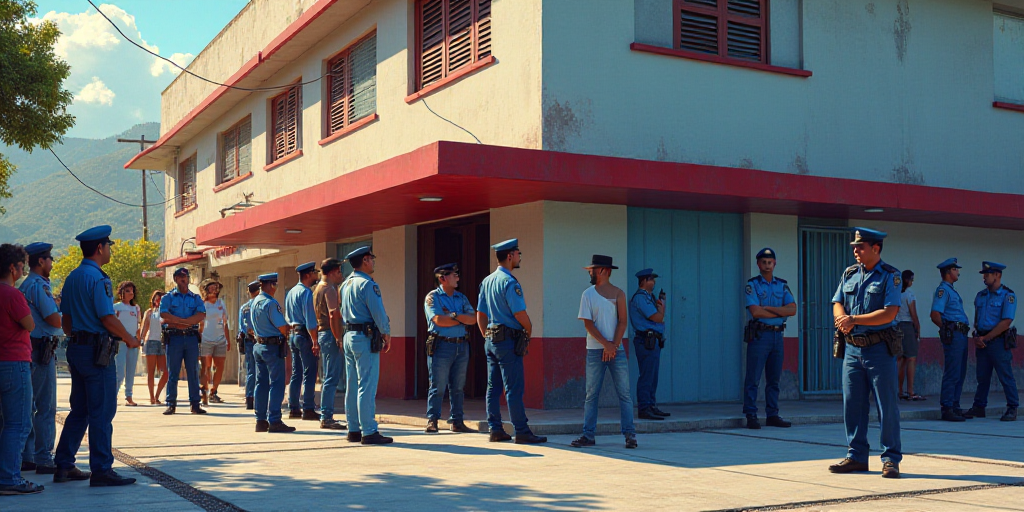Background and Relevance of Marco Antonio Amador Martínez
Marco Antonio Amador Martínez, a young Honduran migrant, went missing in Tamaulipas in 2013. His case has garnered attention from human rights organizations, including Fundación para la Justicia, Amnistía Internacional México, Cadalpiotz, and others. The Fiscal General de la República (FGR) recently closed its participation in the case, citing incompetence to continue investigating.
The FGR’s Decision and Criticism
On April 28, the FGR notified that it found no evidence of organized crime and thus transferred the investigation file to Tamaulipas’ Fiscalía General de Justicia, considering it a common law offense. This decision contradicts the UN Committee on Enforced Disappearances’ (CED) Action Urgent 1650/2023, which demands coordinated and diligent action from all Mexican authorities to locate Marco Antonio.
Human rights organizations criticize the FGR’s decision, stating it represents a significant setback in the investigation and access to justice, truth, and reparation for Marco Antonio’s mother, Mary Martínez. The families and organizations also highlight the risks Mary would face traveling from Tegucigalpa, Honduras, to Tamaulipas to follow up on the investigation.
Amnesty International México’s Warning
Edith Olivares Ferreto, Amnistía Internacional México’s executive director, warned that the case of Marco Antonio cannot be treated as a simple common crime. She emphasized that migrant disappearances in Mexico are part of a systematic pattern and should be investigated accordingly.
Legal Action and Systemic Patterns
Marco Antonio’s family, supported by Fundación para la Justicia, has filed an amparo appeal to reverse the FGR’s decision. A judicial resolution is anticipated soon. Additionally, human rights organizations and families of disappeared migrants have directly confronted Fiscal Javier Pérez Durón, head of the Fiscalía Especial para Personas Migrantes, over the abandonment of similar cases.
Marco Antonio’s Story and Impact
Marco Antonio disappeared on March 11, 2013, after being taken off a bus by an armed group on the road between Nuevo Laredo and Reynosa. His mother, Mary Martínez, expressed her anguish: “My son left to seek a better future for himself and his family. The daily pain of not knowing his whereabouts is unbearable for mothers.”
Key Questions and Answers
- Who is Marco Antonio Amador Martínez? A young Honduran migrant who went missing in Tamaulipas, Mexico, in 2013.
- What organizations are involved? Fundación para la Justicia, Amnistía Internacional México, Cadalpiotz, and other human rights organizations.
- Why is this case significant? It highlights systemic migrant disappearances in Mexico and the need for thorough investigations.
- What is the FGR’s role? The Fiscal General de la República (FGR) recently closed its participation in the case, transferring it to Tamaulipas’ Fiscalía General de Justicia.
- What are the criticisms against the FGR’s decision? Human rights organizations claim it is a setback in the investigation and access to justice, truth, and reparation for Marco Antonio’s mother.
- What legal actions are being taken? Marco Antonio’s family has filed an amparo appeal to reverse the FGR’s decision.
- What is Amnistía Internacional México’s stance? They emphasize that migrant disappearances in Mexico should be investigated as systematic patterns.






